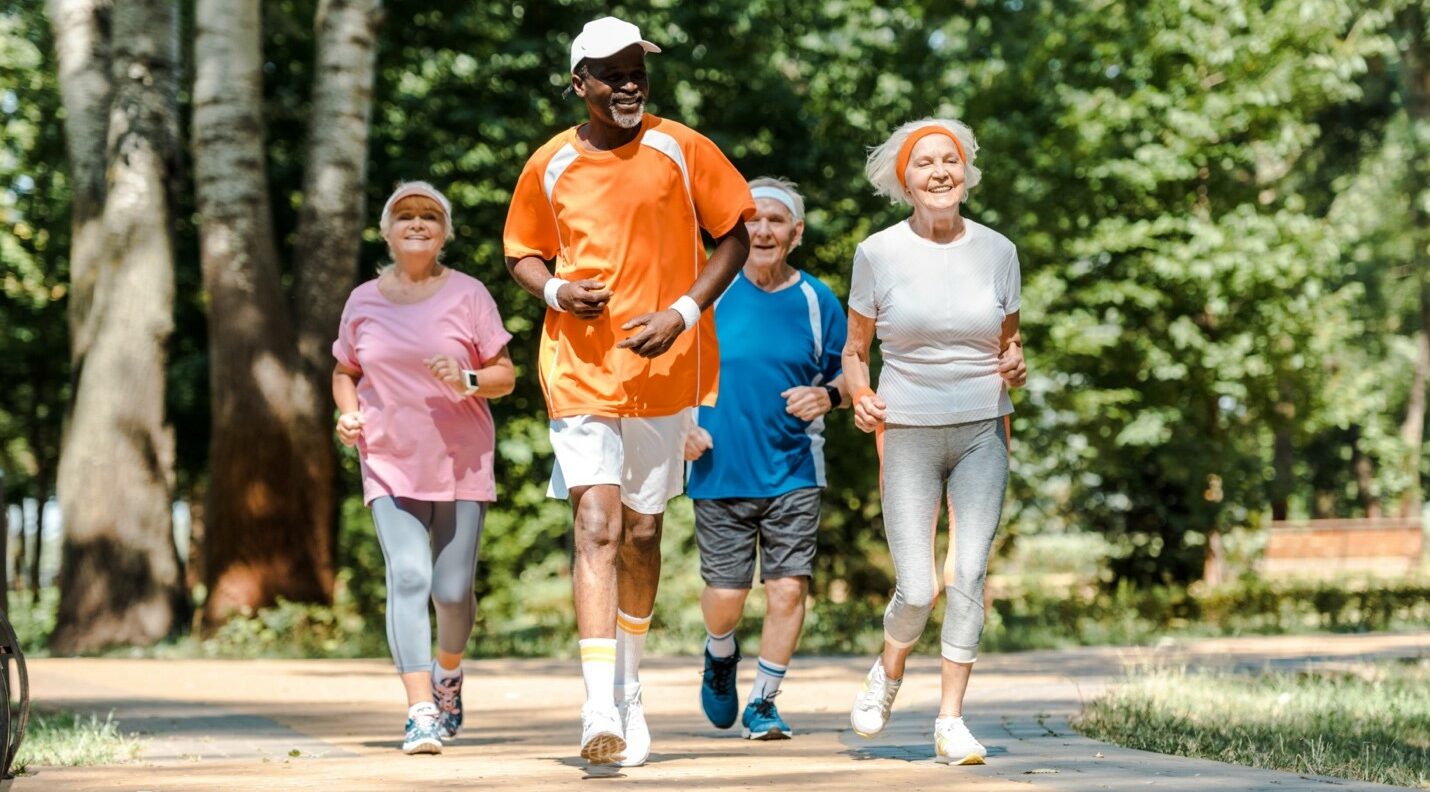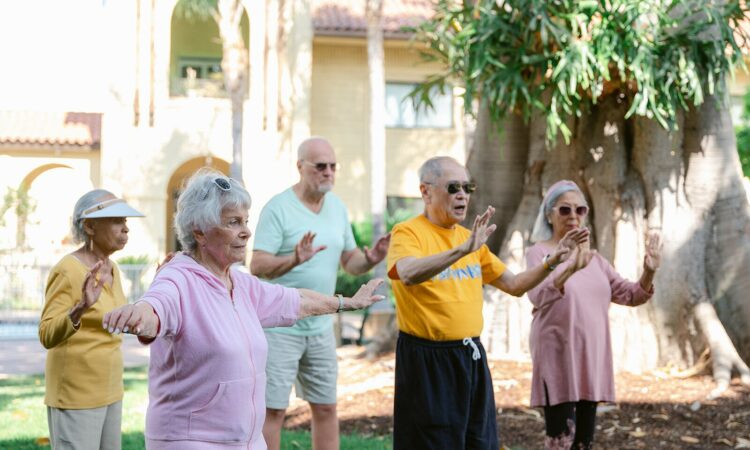Hollenbeck Palms
Cardio fitness is seen in Alzheimer’s prevention as part of holistic care regime

With a large global population impacted by dementia symptoms, the urgency to explore preventive measures becomes increasingly pressing.
Can heightened cardiorespiratory fitness act as a shield against Alzheimer’s and related illness?
By exploring the intricate link between increased fitness and potential Alzheimer’s risk reduction, the focus is on acknowledging the importance of these connections, particularly given the current lack of a cure. Although there is not a definite solution yet, ongoing research and the availability of quality care facilities provide hope for individuals and their families in navigating dementia symptoms and related illnesses.
As we age, chronic low-grade inflammation, mitochondrial dysfunction (impact on cells’ capacity to produce energy) and neurodegenerative changes (impact on nerve cells and structure) become more pronounced, potentially contributing to cognitive decline. This links the aging process to heightened inflammatory markers. Simply put, older individuals are more susceptible to chronic health issues like Alzheimer’s disease. In Alzheimer’s, oxidative stress and mitochondrial dysfunction may lead to brain shrinkage and reduced blood flow, for example. Mitochondrial dysfunction is linked to the accumulation of amyloid beta protein, a known hallmark of Alzheimer’s disease.
Alzheimer’s disease is a progressive neurodegenerative disorder characterized by abnormal protein deposits in the brain, leading to cognitive decline, memory loss and changes in behavior. Unfortunately, there is currently no cure, highlighting the need for prevention and education.
Impact of cardio fitness on aging
Studies show maintaining higher VO2max levels (this refers to the maximum amount of oxygen that an individual can utilize during intense or maximal exercise) is associated with lower inflammation, reduced oxidative stress, improved mitochondrial function and better brain structure. So, keeping up good cardio fitness has significant benefits for your overall health in the short and long terms.
Over the past 30 years, studies found that lower inflammation is linked to a reduced risk of Alzheimer’s disease.
Not getting enough exercise is connected to higher inflammation, as abdominal fat releases inflammatory substances. Regular moderate-intensity exercise brings antioxidant effects, reduces oxidative stress, enhances mitochondrial efficiency and improves the immune response.
Engaging in regular exercise, even starting in mid-life, has emerged as a compelling strategy associated with a substantial decrease in the risk of developing dementia symptoms. Importantly, these studies underscore the accessibility of this preventive measure, emphasizing that individuals of various ages can easily incorporate physical activity into their routines.
The beauty of regular exercise lies in its adaptability to different fitness levels and lifestyles. Whether it’s brisk walking, jogging, biking or engaging in other forms of moderate-intensity cardiovascular exercise, the key is consistency. Studies have shown that even relatively modest amounts of exercise, when done consistently, can contribute significantly to reducing health risks.
Explore the active lifestyle at Hollenbeck Palms
We understand the importance of incorporating exercise into a healthy lifestyle. At Hollenbeck Palms, residents have access to a fully equipped gym with an on-site trainer ready to assist residents with their needs regardless of level. We offer a variety of wellness and exercise programs to support residents’ journey toward the most active and independent lifestyle possible.
Daily exercise classes cover the range of motion and strength training, for example. Residents can also diversify their routine with aerobic workouts, Tai Chi, and stretch yoga. For those seeking more social physical activities, they can enjoy time with friends on our 9-hole putting green, engage in a game of shuffleboard, or simply take a leisurely walk around the campus garden. If quiet contemplation is your preference, take a mindful break and relax by the koi pond, thoughtfully designed by a former resident.
The emphasis is not on intense, strenuous workouts but on the seamless integration of movement into daily life. The goal is to make physical activity an accessible and enjoyable habit for everyone, transcending age barriers and promoting a lifestyle that prioritizes both mental and physical well-being.
In addition to promoting an active lifestyle, we also have a range of comprehensive resources and counseling services, as part of our commitment to holistic care. This reflects our belief that we are all in this together.
If you’re interested in learning more about our dynamic senior living community, please reach out by emailing [email protected] or by calling us at (323) 307-4505.


